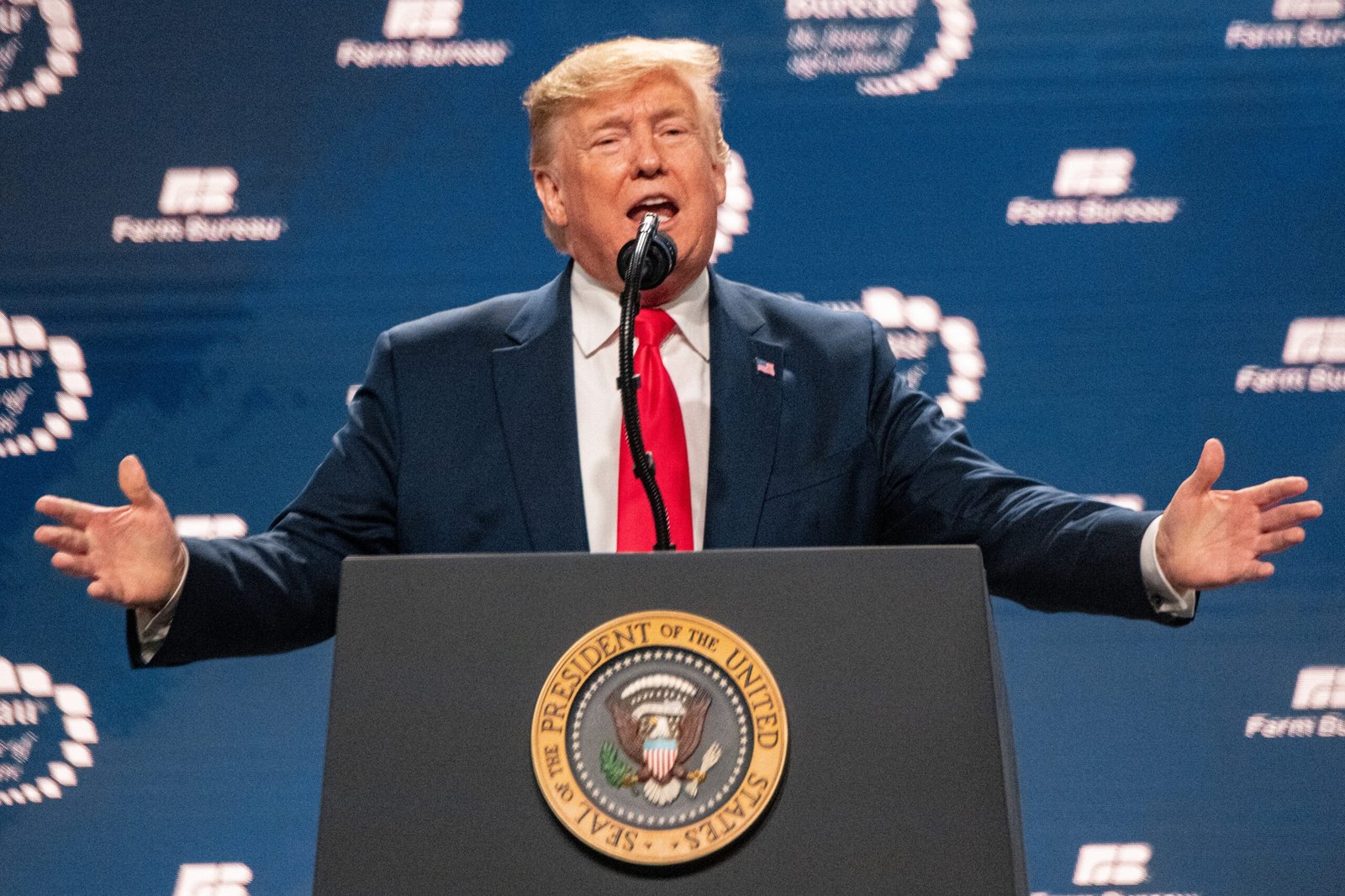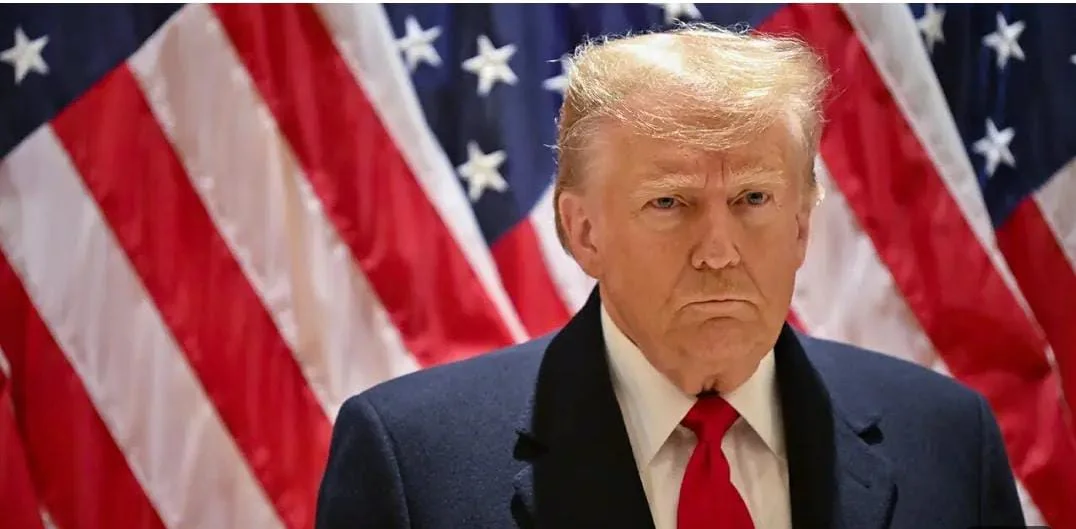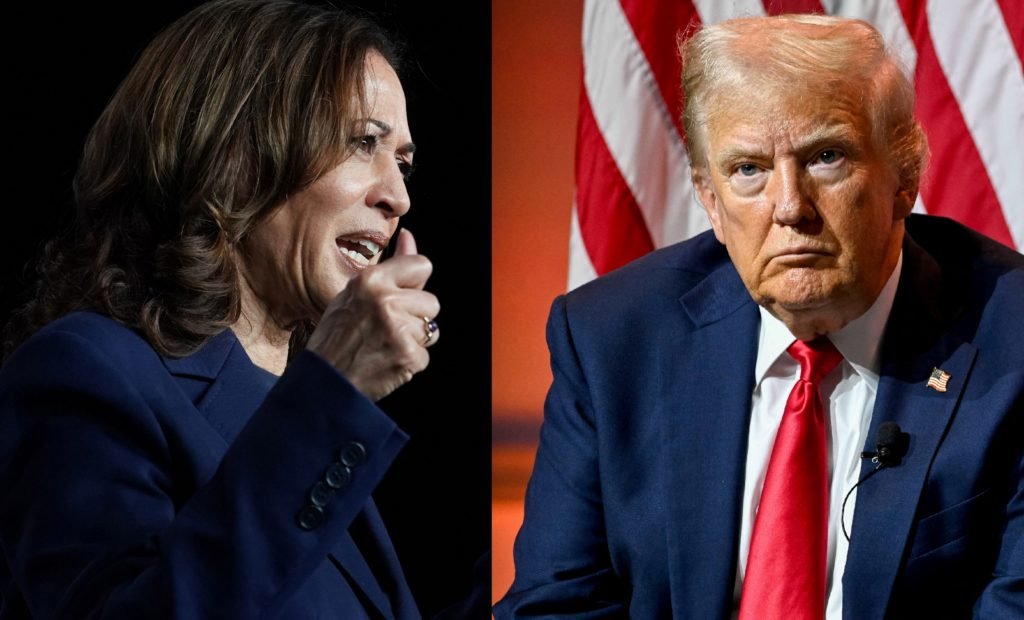Former President Donald Trump and special counsel Jack Smith are still sparring over the schedule in the election subversion case in Washington, D.C., with a new filing Friday demonstrating that neither side is pushing for a trial before the November presidential election – or even by the end of the year. The dispute is over how much time pre-trial proceedings should take-with Trump seeking a lengthy pretrial process that could bleed into 2025.
Dispute Over the Election Subversion Case Schedule
Lawyers for Trump have offered a scheduling plan that would push the pretrial phase deep into 2025 on his four remaining cases, saying voluminous time is necessary for resolution on the host of legal issues. Those include disputes over the legality of special counsel Smith’s appointment and the handling of certain evidence related to presidential immunity. Trump’s lawyers say those issues, and possibly others, should be addressed separately and sequentially, which could extend things further still.
By contrast, special counsel Smith is not committing to a firm timeline for the next steps. He has made clear that, while the immunity issues created by the Supreme Court’s recent ruling are important, they do not have to be litigated on a separate track from other pretrial matters. Smith’s approach would be more streamlined, with the court considering immunity-related arguments along with other procedural issues.
Key Issues in the Election Subversion Case
One of the most contentious issues is indeed the immunity of presidential protection covering Trump’s actions. Smith seeks to have this issue resolved in the court first, therefore allowing more efficiency in the process, whereas Trump would have a more elongated process and needs time to be given to prepare evidence based on the immunity ruling to really contest the indictment.
The Trump legal team has also signaled other potential challenges, like questioning the relevance of evidence linked to Vice President Mike Pence and how obstruction charges were compared in similar cases. They say each of these will take a lot of time to argue.
Recent Development on the Election Subversion Case
The dispute comes after Smith’s team revised the indictment in light of the Supreme Court’s ruling on presidential immunity. The new indictment dropped claims that Trump tried to use the Justice Department for his purposes of reversing the election and left out evidence from the discussions with his counselors. Still, the core charges of conspiracy and obstruction remain the same.
Trump regularly attaches to his strategy the charge that prosecutors are trying to influence the 2024 election. He called the new indictment a “direct assault on Democracy!” and claimed the policies put into place by the Justice Department for investigations related to elections are being ignored.
Ahead of
How or whether this policy might bear on the election subversion case itself wasn’t clear; this policy discourages major public investigative steps within 60 days of an election. The policy is in place to prevent interference with elections; it’s not a hard-and-fast rule, and it doesn’t necessarily apply to ongoing cases.
Next steps for the case will be decided in a hearing next week in DC’s federal courthouse, after which Judge Tanya Chutkan takes up how the case will go further. The result of this hearing could drastically alter the timeline and direction of the election subversion case.
Frequently Asked Questions
1. What does the election subversion case pertain to?
The case is the election subversion case, the indictment of former President Donald Trump for trying to overturn the results of the 2020 presidential election.
2. What are they sparring over with regards to the case schedule?
Trump and special counsel Jack Smith differ on how much time needs to be dedicated to pre-trial proceedings. Trump wants more time to litigate a host of legal issues, while Smith seeks a more expedited process.
3. What changes have been initiated, and are new in the indictment?
The indictment has undergone amendments, and some accusations and evidence have been dropped following a recent Supreme Court ruling about the immunity of the president, but the main charges remain.
4. What effects does this upcoming hearing have on the case?
The hearing will decide how to proceed in the election subversion case, including how to address questions of immunity and what the overall timing of the trial will be.
5. What is the policy of the Justice Department in relation to investigations regarding elections?
The policy is against doing any major investigative action within 60 days of elections to avoid tampering with the electoral process. It is not a fixed policy, and it does not hold in all cases also.
6. Where does the legal strategy adopted by Trump fit into the case ?
Trump’s strategy is a variation on this theme: postpone deliberation and fight many aspects of the case-whose potential is only likely to extend the timeline before the trial really kicks into gear.
7. What can be expected from the next hearing?
The next hearing shall finalize the realization of the election subversion case, covering the immunity issue and additionally, a schedule for pretrial motions.




One thought on “Trump Seeks Long Pre-Trial Delays in Election Subversion Case Dispute”